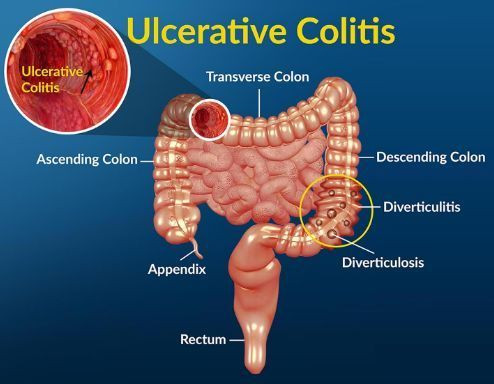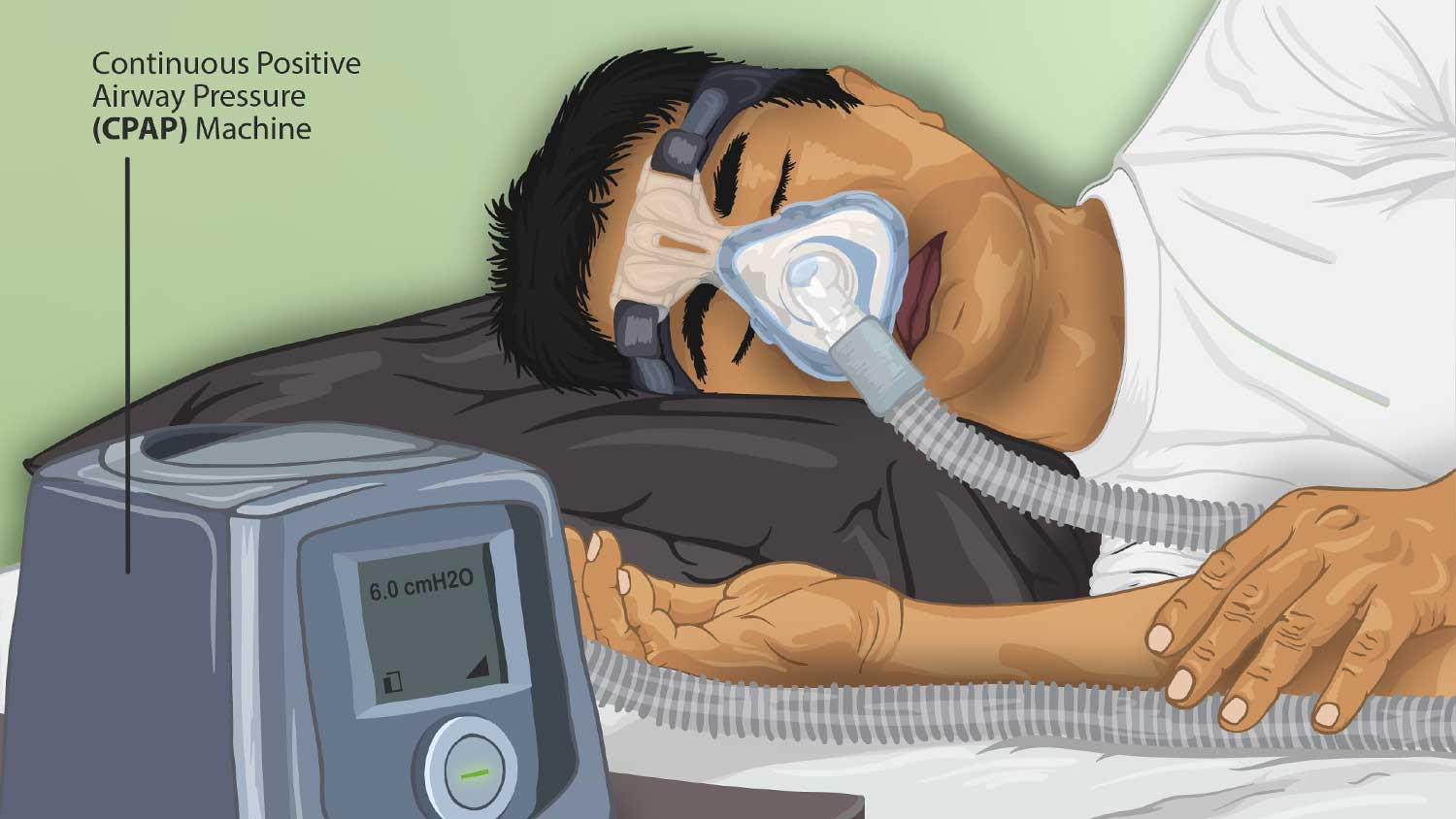Ulcerative Colitis Treatment Market: A Growing Need for Effective Solutions
The ulcerative colitis treatment market is experiencing rapid growth, fueled by the rising prevalence of inflammatory bowel disease (IBD) and the development of innovative therapies. Ulcerative colitis, a chronic inflammatory bowel disease affecting the colon, is a significant health concern worldwide, impacting millions of individuals. The escalating incidence of IBD, coupled with the unmet needs of current treatments, is driving the demand for effective and safe therapies.
Market Dynamics: Key Factors Shaping the Landscape
Several factors are influencing the growth of the ulcerative colitis treatment market. These include:
-
Rising Prevalence of Ulcerative Colitis: The global prevalence of ulcerative colitis is on the rise, particularly in developed countries. This increase can be attributed to a combination of factors, such as changes in lifestyle, diet, and environmental factors.
-
Growing Awareness and Diagnosis: Increased awareness of IBD and improved diagnostic techniques have led to earlier diagnosis and treatment. This has resulted in a higher demand for ulcerative colitis therapies.
-
Development of Novel Therapies: The pharmaceutical industry has made significant strides in developing innovative treatments for ulcerative colitis. These new therapies offer improved efficacy, safety, and patient compliance, driving market growth.
Major Players in the Ulcerative Colitis Market
The ulcerative colitis treatment market is highly competitive, with several major players vying for market share. Some of the key players include:
-
Pfizer: Pfizer is a leading pharmaceutical company with a strong presence in the ulcerative colitis market. The company offers several therapies, including Xeljanz (tofacitinib), a JAK inhibitor used to treat moderate to severe ulcerative colitis.
-
AbbVie: AbbVie is another major player in the ulcerative colitis market, known for its Humira (adalimumab) and Skyrizi (risankizumab). Humira is a TNF-alpha inhibitor, while Skyrizi is an IL-23 inhibitor, both widely used in treating ulcerative colitis.
-
Johnson & Johnson: Johnson & Johnson is a diversified healthcare company with a focus on pharmaceutical and medical device development. Their Stelara (ustekinumab) is an IL-12/23 inhibitor used in treating moderate to severe ulcerative colitis.
-
Takeda: Takeda is a global pharmaceutical company specializing in gastroenterology. The company's Entyvio (vedolizumab) is an anti-integrin therapy targeting the gut.
Segmentation of the Ulcerative Colitis Treatment Market
The ulcerative colitis treatment market can be segmented based on various factors, including:
-
Drug Type: The market can be divided into different drug types, such as TNF-alpha inhibitors, JAK inhibitors, IL-12/23 inhibitors, and anti-integrin therapies. Each type of drug has its own mechanism of action and efficacy.
-
Route of Administration: Ulcerative colitis treatments can be administered through various routes, including intravenous, subcutaneous, and oral. The choice of administration route depends on the specific therapy and patient needs.
-
Severity of Ulcerative Colitis: The market can be further segmented based on the severity of ulcerative colitis, ranging from mild to severe. Different treatments may be required for different levels of severity.
Future Outlook: Trends and Projections
The ulcerative colitis treatment market is expected to witness continued growth in the coming years. The increasing prevalence of IBD, the development of new and more effective therapies, and the growing demand for personalized medicine are some of the key drivers of market growth. The market is also expected to be driven by factors such as:
-
Expansion of Biosimilars: The increasing availability of biosimilars is expected to make ulcerative colitis treatments more affordable, driving market growth. Biosimilars are similar versions of existing biological drugs, offering cost-effective alternatives.
-
Focus on Personalized Medicine: The focus on personalized medicine is expected to lead to the development of targeted therapies for ulcerative colitis, tailoring treatment to the specific needs of individual patients. This personalized approach promises improved efficacy and patient outcomes.
Conclusion: A Promising Future for Ulcerative Colitis Treatment
The ulcerative colitis treatment market is poised for significant growth, driven by several factors, including the rising prevalence of IBD, the development of innovative therapies, and the focus on personalized medicine. The emergence of new treatments and the increasing availability of biosimilars are expected to enhance patient access to effective and affordable therapies. The future outlook for the ulcerative colitis treatment market is promising, offering hope for improved patient outcomes and a better quality of life for individuals living with this chronic condition.

















